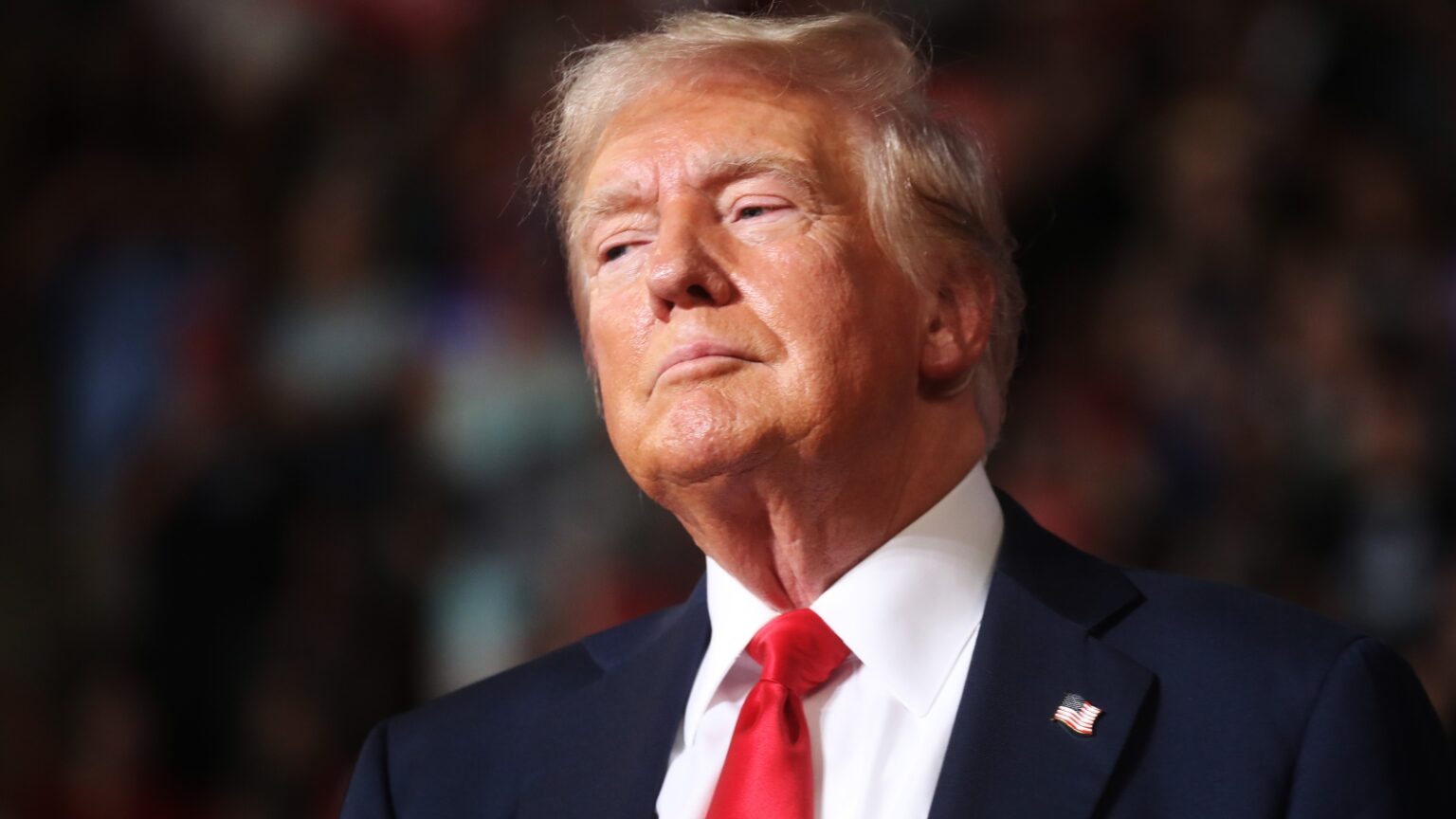Trump’s National Guard Request Rebuffed Ahead of January 6th Riot, New Testimony Reveals
A fresh round of interviews released by Congressman Barry Loudermilk (R-GA) has uncovered new details about former President Donald Trump’s efforts to deploy additional military forces ahead of the January 6th, 2021 Capitol breach. The bombshell testimony, which emerged on Thursday, sheds light on Trump’s initial request to mobilize the National Guard and active-duty troops to secure the area during the certification of the 2020 election results, which was ultimately rebuffed by military leaders.
According to testimony given to the Pentagon inspector general by former Chairman of the Joint Chiefs of Staff, Gen. Mark Milley, Trump pre-approved the deployment of additional forces during an Oval Office meeting. Milley recalled Trump expressing concerns over the potential size of the crowd, reportedly urging his team to ensure enough National Guard or soldiers were present to maintain safety. Former acting Defense Secretary Christopher Miller assured the president that plans were in place, but as the event drew nearer, the reality on the ground painted a different picture.
Milley, who participated in two interviews in April 2021, revealed that the operational plan, which involved deploying National Guardsmen for traffic control, was approved by Democratic D.C. Mayor Muriel Bowser. However, the plan did not include troops to guard the Capitol building itself. This decision, Milley explained, was influenced by a “political calculation” aimed at avoiding negative optics—despite warnings of potential unrest.
Former D.C. Metropolitan Police Chief Robert Contee confirmed in his own interview that Army Secretary Ryan McCarthy had initially resisted his request for additional National Guard support. Contee said that McCarthy cited concerns over the appearance of deploying troops too close to the Capitol, a move that could be seen as too militarized. Instead, National Guardsmen were stationed throughout the city to manage traffic and free up law enforcement officers for crowd control.
Rep. Loudermilk, sharing his concerns on social media, accused military leaders of prioritizing optics over security. “President Trump directed senior DoD leaders to ensure events on J6 be safe. They ignored his guidance, prioritized optics concerns over security, and pushed a flawed narrative in their IG report,” Loudermilk wrote in a post on X (formerly Twitter).
The testimony also reveals that while 400 Guardsmen were deployed around D.C., they were not authorized to engage with protestors, carry weapons, or don protective gear. Emails from McCarthy’s staff show a directive explicitly stating that additional equipment like weapons, ammunition, and helmets were not to be issued without the Secretary of the Army’s personal authorization. The directive also stated that the Guardsmen could only use force in self-defense.
As the violence escalated on January 6th, it took several hours for the Pentagon to deploy additional troops. Before reinforcements arrived, rioter Ashli Babbitt, a Trump supporter, was shot and killed by a Capitol police officer.
The reluctance of military leaders to use force near the Capitol continues to stir controversy. DC Homeland Security Coordinator Christopher Rodriguez recalled in his own testimony how stunned he was when an Army official justified the decision based on “optics.” The Pentagon inspector general’s report defended the leadership’s actions, claiming that military leaders acted swiftly to suppress the violence, but Rep. Loudermilk and others have criticized the delayed response as a political miscalculation.
In addition, former Defense Secretary Miller testified that Trump had mentioned the need for “10,000 troops” in Washington D.C. that day. However, Miller interpreted this comment as typical Trump rhetoric, not an official order. Milley denied that Trump had ever explicitly suggested the figure of 10,000.
Miller’s disdain for Trump became apparent when he compared the former president to Cuban communist leader Fidel Castro, dismissing the lengthy speeches Trump made that day. “The guy speaks for 90 minutes, it’s like Castro or something,” Miller quipped during his interview.
The revelations have reignited debate over the security failures surrounding January 6th and Trump’s role in the events leading up to the breach. As the House GOP investigation continues, questions about political motives, leadership decisions, and the broader implications of the attack on democracy are likely to remain at the forefront of public discourse.
